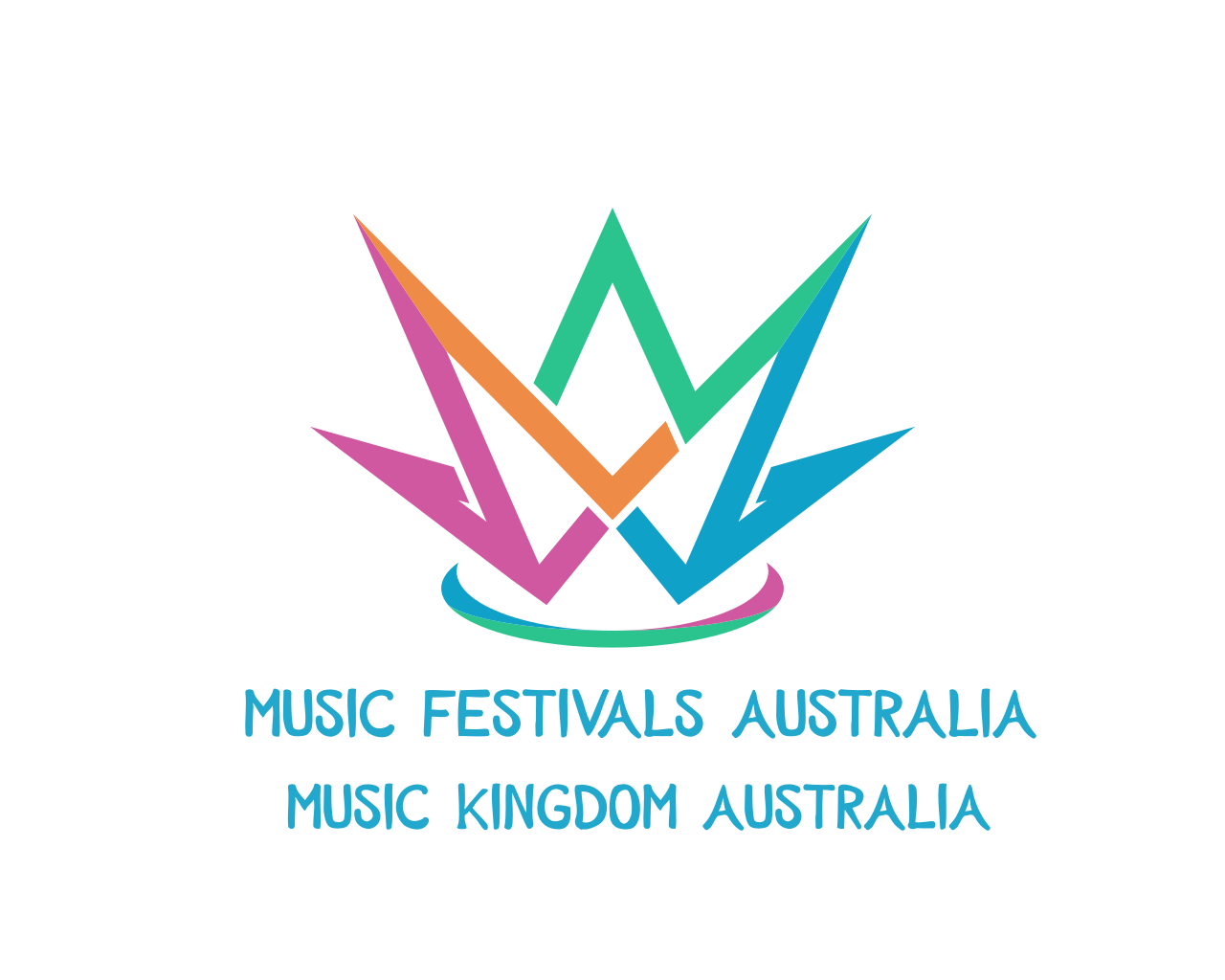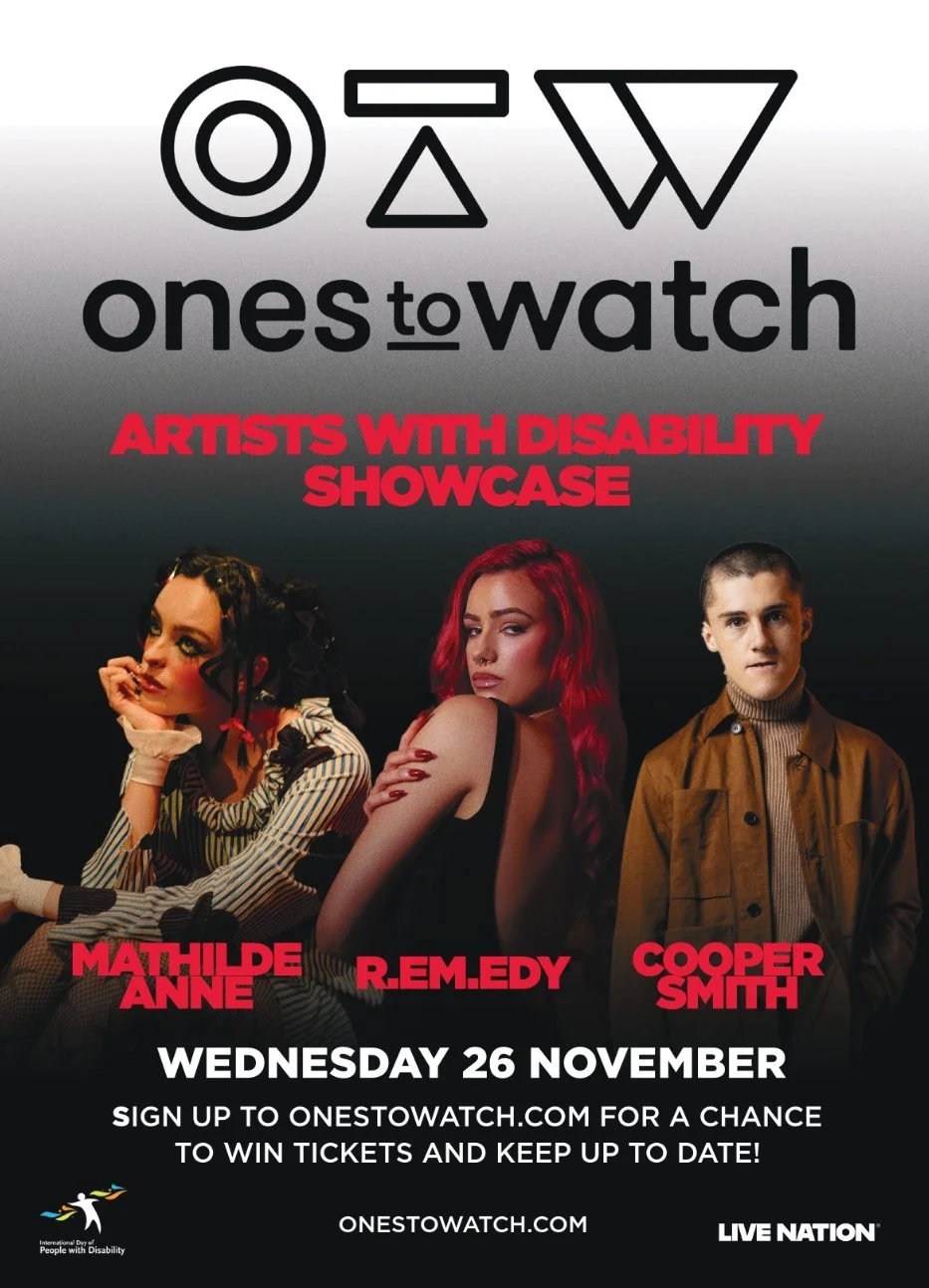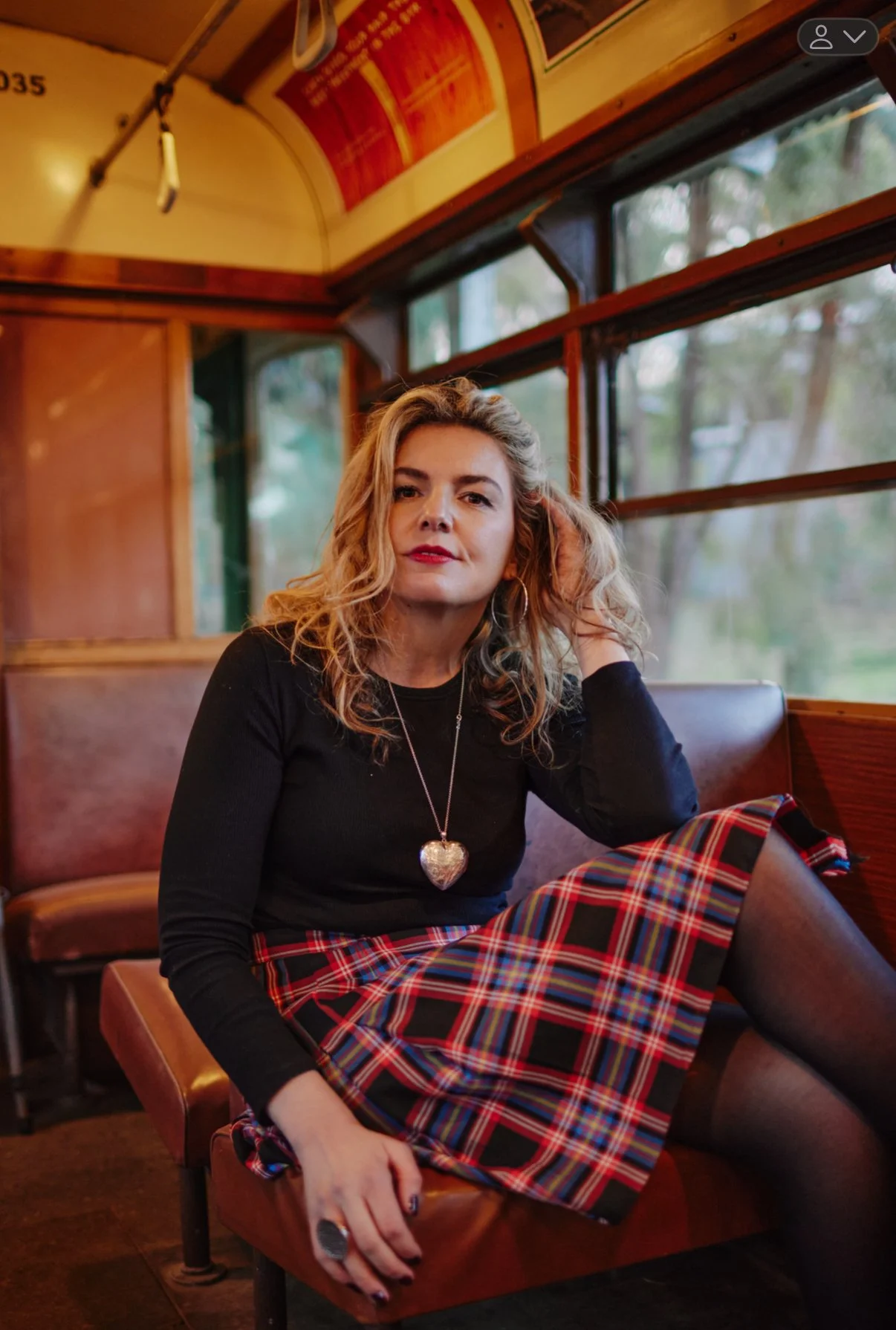Ones To Watch Curator Eliza Hull’s Top 4 Things To Do When Booking A Disabled Artist
Live Nation’s Ones To Watch series is wrapping up for the year, with the final showcase spotlighting Australian artists with disabilities. We asked the event’s curator Eliza Hull for her Top 4 Things To Do When Booking A Disabled Artist.
Ones To Watch Curator Eliza Hull’s Top 4 Things To Do When Booking A Disabled Artist
1. Ask what access needs they have - and listen without assumptions
Every disabled artist has different access needs, so the best thing you can do is ask the question ‘do you have any access requirements’ early and openly. Don’t assume anything, just create space for an honest conversation. Whether it’s mobility, sensory needs, fatigue, or something invisible, knowing these things ahead of time allows us to show up fully as artists. It also sends a strong message that you see us as professionals deserving of respect.
2. Make the venue genuinely accessible (front of house andbackstage)
Accessibility isn’t just about the audience - it’s about the artist experience. The stage, green room, bathrooms, and load-in areas all need to be safe and accessible. If something isn’t accessible, be upfront about it and work with us on alternatives. There’s nothing more deflating than arriving at a gig and realising I can’t physically access the stage. Access is love!
3. Build in flexibility around schedules and expectations
A little flexibility goes a long way. Many disabled artists pace energy differently or have conditions that fluctuate. Being open to adjusted soundcheck times, set lengths, or quieter backstage spaces can completely transform the experience. When we don’t feel pressured into a rigid schedule, we perform better, connect more deeply, and feel genuinely supported by the team around us. Also giving us clear information about where the closest drop off point is for gear, or nearest accessible carpark is a game changer!
4. Communicate clearly and keep the conversation open
Good communication is everything. Let us know what to expect - from parking and load-in details to stage layout and set times - and don’t be afraid to check in as the gig approaches. If something changes, tell us early so we can plan around it.
I think the biggest one is ask questions – do you have any access requirements, and what are they, are the most important.


